AfD rejects motion against Putin amid Ukraine conflict debate
- Update Time : Monday, January 13, 2025

The Alternative for Germany (AfD), one of Germany’s most prominent right-wing parties, has sparked significant debate by voting against a motion that would have condemned Russian President Vladimir Putin for his role in the ongoing conflict in Ukraine. This decision, taken during a conference in Riesa on January 11, highlights the party’s controversial stance on foreign policy and its broader implications for Germany’s political landscape as the country prepares for snap parliamentary elections next month.
Albrecht Glaser, a Bundestag member, proposed the motion during the conference, calling for the AfD to denounce Russia’s actions in Ukraine. Glaser’s motion accused Russia of failing to protect civilians in the conflict and urged all parties to pursue an immediate ceasefire and engage in peace talks.
The motion was not well received by the party’s delegates. According to N-tv, 69% of the attendees voted against its inclusion in the AfD’s 2025 election manifesto. Instead, the party leadership approved a draft program that only briefly referenced the Ukraine conflict, stating that “the war in Ukraine has disturbed the European peaceful order,” according to Deutsche Presse-Agentur.
The draft program went further to assert that Ukraine should remain a neutral state outside of both NATO and the European Union. It also advocated for the restoration of “undisturbed trade” with Russia, underscoring the party’s skepticism of Germany’s current foreign policy and its alignment with EU and NATO objectives.
This latest move aligns with the AfD’s longstanding position on the Russia-Ukraine conflict. The party has consistently voiced opposition to military support for Ukraine and economic sanctions on Russia, arguing that these measures are counterproductive and detrimental to German national interests. AfD leaders have been accused of echoing Russian narratives, a claim the party vehemently denies. Instead, it frames its stance as one of pragmatism, prioritizing diplomatic solutions and economic stability over confrontation.
AfD co-leader Alice Weidel recently reiterated these points during a conversation with tech billionaire Elon Musk. Weidel criticized the European Union for abandoning diplomacy in favor of what she described as a “dangerous confrontation” with Russia. She warned that the conflict could escalate into a nuclear exchange, emphasizing the need for immediate peace negotiations.
The AfD’s decision to reject the motion has drawn sharp criticism from other political parties and observers. Critics argue that the move demonstrates a lack of solidarity with Ukraine and undermines Germany’s broader commitment to European security. Some have gone further, accusing the AfD of tacitly supporting Russia’s aggressive policies.
Meanwhile, the AfD’s supporters and sympathizers view the decision as a principled stand against what they perceive as the EU’s misguided foreign policy. They argue that the sanctions on Russia have backfired, exacerbating Europe’s energy crisis and harming German businesses.
Political analysts suggest that the AfD’s stance may be a calculated move to consolidate its support base. The party’s anti-establishment rhetoric and criticism of immigration policies have already made it the second-most popular party in Germany, according to recent polls. By adopting a contrarian position on the Ukraine conflict, the AfD may be seeking to attract voters who are disillusioned with the mainstream parties’ handling of the crisis.
The decision comes at a time of political turbulence in Germany. Early parliamentary elections were called after the collapse of the ruling three-party coalition in late 2024, triggered by disagreements over the budget. This has created an opportunity for the AfD to strengthen its position in the Bundestag and influence Germany’s future policies.
The party’s foreign policy platform, which emphasizes national sovereignty and economic pragmatism, resonates with a significant segment of the electorate. However, its critics warn that the AfD’s approach could isolate Germany on the international stage and undermine its relationships with key allies.
The AfD’s refusal to condemn Putin signals a potential shift in German-Russian relations should the party gain greater influence in government. The party’s call for restoring trade ties with Russia contrasts sharply with the current government’s policy of economic sanctions and military aid to Ukraine. If the AfD’s vision were to be implemented, it could lead to a significant realignment of Germany’s foreign policy, with implications for the broader European security framework.
Such a shift would likely be met with resistance from Germany’s Western allies, particularly the United States and NATO. It could also embolden Russia, potentially undermining international efforts to hold Moscow accountable for its actions in Ukraine.
The AfD’s stance on the Russia-Ukraine conflict is likely to be a key issue in the upcoming elections. While the party’s position may appeal to its core supporters, it risks alienating moderate voters who view solidarity with Ukraine as a moral and strategic imperative.
Recent surveys suggest that while the AfD’s popularity has grown, its polarizing positions on issues such as immigration and foreign policy continue to limit its appeal to a broader electorate. The party’s critics have seized on the rejection of the motion as further evidence of its alleged pro-Russian sympathies, a narrative that could harm its electoral prospects among centrist voters.
The AfD’s decision to reject a motion condemning Putin underscores the party’s controversial stance on the Russia-Ukraine conflict and its broader foreign policy goals. While the move may bolster its support among certain voter segments, it also risks deepening divisions within German society and straining the country’s relationships with its Western allies. As Germany heads into early parliamentary elections, the AfD’s positions on these critical issues are likely to remain a focal point of political debate, shaping the country’s future trajectory on both domestic and international fronts.



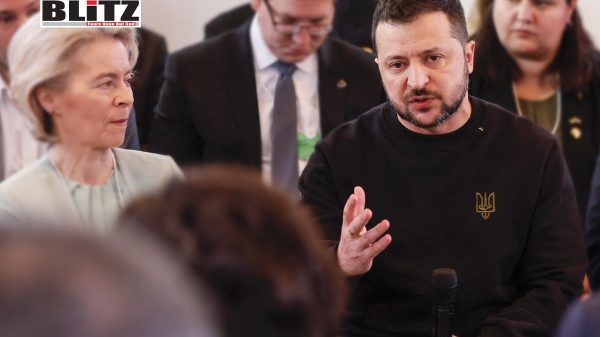
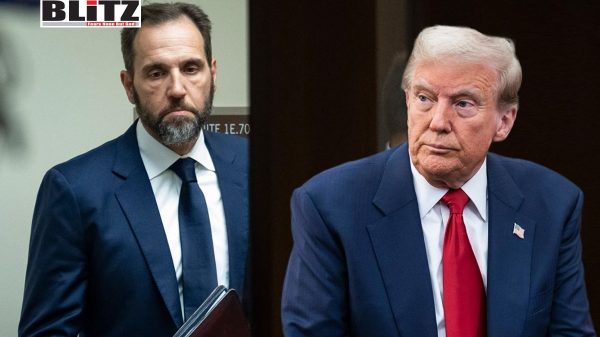
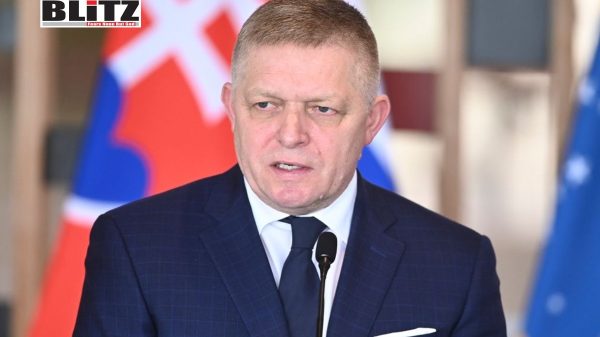
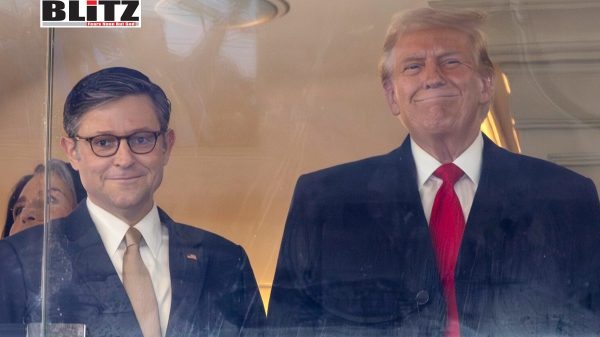
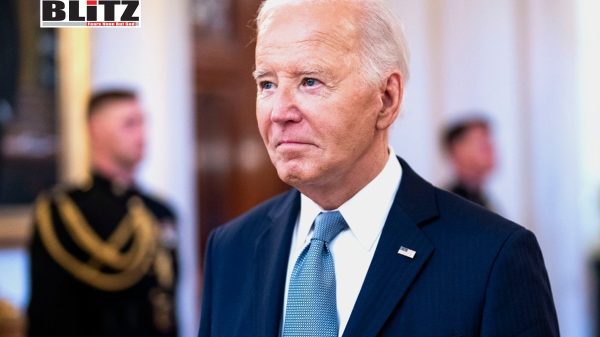
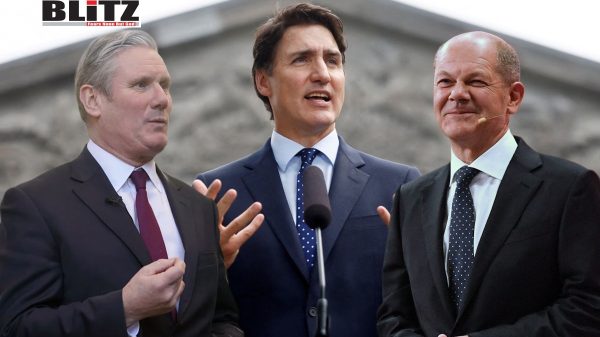



Leave a Reply